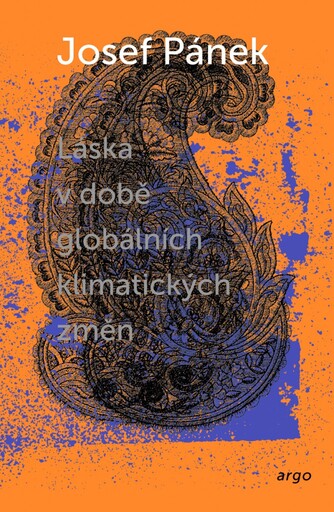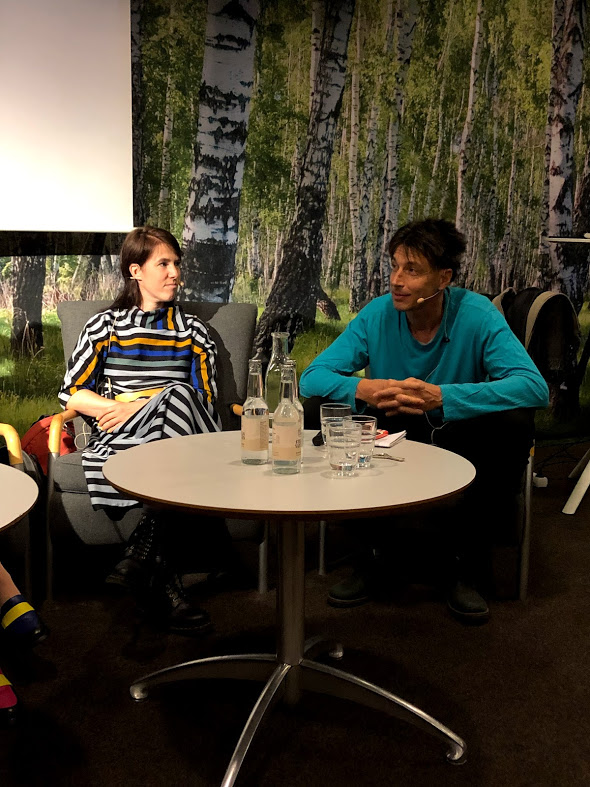
Love in the Time of Global Climate Change
February 2017, 160 pages
Available material: English sample, German translation, French translation
Rights sold to:
Poland (Stara szkola), Bulgaria (Perseus), Italy (Keller editore), Croatia (Umjetnička organizacija Artikulacije), Egypt (Al Arabi), France (Éditions Denoël), Germany (KLAK Verlag), Serbia (Akademska Knjiga), Romania (Editura Casa Cartii de Stiinta), Netherlands (Uitgeverij Nobelman), Greece (Eurasia), Hungary (Metrolopolis Media)
We are all a little racist in this global village called the Earth
Love in the Time of Global Climate Change is set in Bangalore in India, where the main character, Tomáš, arrives for an international science conference. There he not only has to contend with culture shock, the xenophobic attitudes of his international colleagues and feelings of rootlessness, but also his own helplessness and bittersweet memories. He searches for the roots of stereotypes in his own thinking, but due to the consistent use of the second-person plural, it is ultimately the reader he is addressing. The narrator juxtaposes the reality of India with Tomáš’s experiences from the sharply contrasting country of Iceland, where a first-person narrative appears. These are the sections about Tomáš’s love story with an emancipated Indian woman. The protagonist is preoccupied with the problems of the contemporary world: the lack of academic rigour, the nation’s past, xenophobia, racism, migration, cultural stereotypes and the differences between East and West. At the same time, he is a modern-day outcast, a person without a home or anchor.
Pánek’s distinctive style, giving the impression of a hurried and spoken form of language, flows naturally, maintaining the tension and heightening the absurdity of a chaotic world. The readability and believability are bolstered by the author’s experiences as an émigré, thanks to which the novel reads almost like a travelogue.
Download English promo sheet
Download English summary
“Pánek’s novel disconcerts the reader with its linguistic abrasiveness and the self-destructive, self-centred approach of its main protagonist. It is as agitated and intoxicating as the exotic city in which it takes place.”
– novinky.cz
“Readers should take note of this novel, which takes Czech literature into the European league.”
– Visegrad Insight



